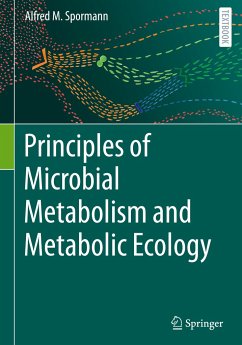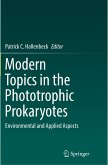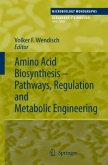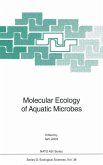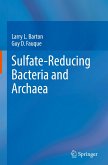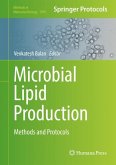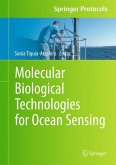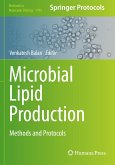This textbook examines the fundamental principles of microbial metabolism and how a microbe's ecology is intrinsically interwoven with and a consequence of its metabolism. Further, it answers many questions frequently asked by students, such as: What are the mechanistic connections between simple phenotypic traits, ecological patterns and microbial metabolism and diversity? In the process, readers will be introduced to essential topics like metabolism and metabolic pathways, flux of energy and nutrients, genome size and fitness, competition, selection and drift.
Moreover, the book conveys fundamental principles that show students how to approach the field of microbiology from a different, more unifying angle, e.g., how microbes' access to environmentally available energy resources and the specific metabolism involved lies at the root of every ecologically significant microbial speciation. This aspect, together with its special focus on metabolism and ecological implications, make the book a must-read for all students of microbiology.
Hinweis: Dieser Artikel kann nur an eine deutsche Lieferadresse ausgeliefert werden.
Moreover, the book conveys fundamental principles that show students how to approach the field of microbiology from a different, more unifying angle, e.g., how microbes' access to environmentally available energy resources and the specific metabolism involved lies at the root of every ecologically significant microbial speciation. This aspect, together with its special focus on metabolism and ecological implications, make the book a must-read for all students of microbiology.
Hinweis: Dieser Artikel kann nur an eine deutsche Lieferadresse ausgeliefert werden.

